
IAG: British Airways – First quarter financial results – redundancies on the cards
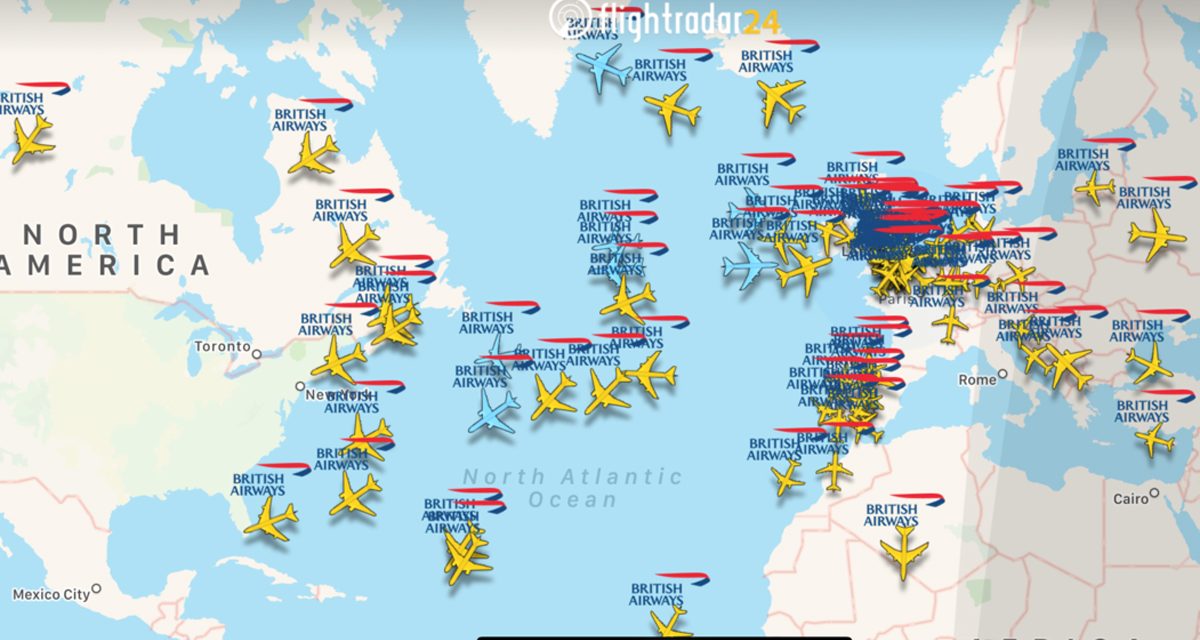
International Airlines Group (IAG) the parent company for a number of airlines including British Airways, Iberia, Aer Lingus and Vueling has announced its preliminary results for the first quarter of 2020, and they are not (unsurprisingly) good:
- Total Revenue down 13% (from €5.3 to €4.6 billion)
- Operating result down to a €535 million loss from a profit of €135 for same time 2019
IAG also had a hedging stuff-up (over hedging) resulting in an exceptional charge of €1.3 billion in this quarter. This is mostly unrelated to COVID-19 in my view. Fuel prices were heading down anyway but the pandemic has given them a further kick in the guts.
Content of this Post:
China Flights
January and February 2020 were going as well as in 2019, arguably better since flights to China were suspended at the end of January due to COVID-19 concerns. March has been the real kicker, particularly for British Airways, followed by the smaller airlines Iberia and Aer Lingus.
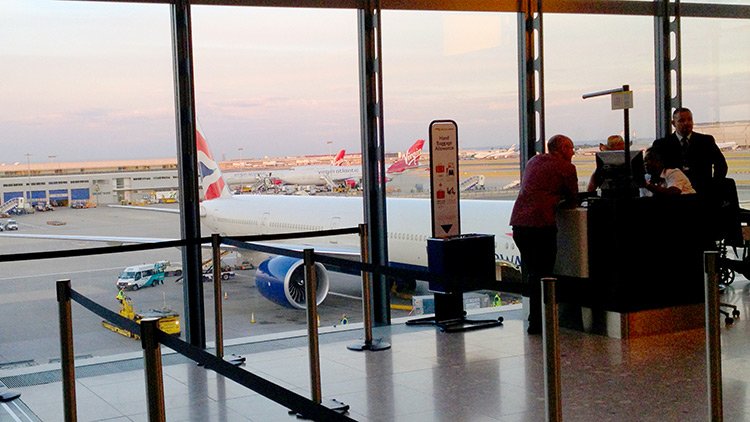
Customers
All the standard metrics that measure how an airline is performing in terms of passengers are down:
- Available Seat Kilometres – down by 10.5% (Passenger capacity)
- Revenue Passenger Kilometres – down 15.2% (Passenger traffic)
- Seat Load Factor down from 80.7% to 76.4% (Seating capacity)
Reduced operations
Due to the pandemic, IAG reports that passenger capacity is down by 94% for April and May 2020 compared to 2019. Only essential and repatriation flights have been operating, except for 350 additional cargo return flights, mostly on long haul routes, using passenger aircraft.
IAG is not expecting a quick recovery. In fact they are expecting:
‘. . .the recovery of passenger demand to 2019 level will take several years . . .’
Press Release: IAG preliminary first quarter results and update, 28 April 2020
Employee redundancies
Because of the predicted continued downturn, and the expectation that a recovery will take years rather than months, British Airways is formally notifying trade unions, in keeping with United Kingdom law, that it intends to restructure, and that restructuring will involve redundancies.
The horrible news for BA staff is that redundancies are expected to be across the board, involving up to 12,000 employees. British Airways employs about 45,000 staff, so these redundancies will involve over a quarter (26%) of their current workforce.
British Airways are contemplating this scale of redundancies despite having availed themselves of the United Kingdom’s COVID-19 Job Retention Scheme, which involved a leave of absence (furlough) for 22,626 employees. This scheme allows BA to claim up to 80% of wages up to a maximum of £2,500 per worker per month up ’till the end of June.
‘Preparing for a different future’
This is the heading of a letter Alex Cruz, CEO of British Airways has written to all staff.
‘The global aviation body, IATA, has said that the industry has never seen a downturn this deep before, and that full year industry passenger revenues could plummet 55% compared to 2019, while traffic falls 48%. Many airlines have grounded all of their planes. Sadly, we will see some airlines go out of business with the resulting job losses. ‘
Cruz goes on to say :
The scale of this challenge requires substantial change so we are in a competitive and resilient position, not just to address the immediate Covid-19 pandemic, but also to withstand any longer-term reductions in customer demand, economic shocks or other events that could affect us. However challenging this is, the longer we delay difficult decisions, the fewer options will be open to us.
Kind of stating the obvious, but true non the less. There are also plenty of kind words about the dedication of BA staff . . .
I want to pay tribute to the thousands of British Airways colleagues who are playing a vital role in the global response to the Covid-19 crisis. Whether you are supporting our repatriation flights or the transport of essential cargo; or one of the hundreds of colleagues volunteering with organisations such as the NHS, you have my sincere respect and thanks.
. . . but the cynic in me is not convinced about the enduring nature of that gratitude.
2PAXfly Takeout
Now, you may have a different interpretation, but I think Alex is setting this up to achieve some profound change, particularly with unions and flight crew.
The power relationship between management and flight staff is changing. The Pandemic is a worldwide phenomenon, so it’s not like flight crew and flight attendants can instantly find employment with another airline. Knowing this, the power is all with the management of airlines to negotiate down the terms and conditions of employment for their staff.
Don’t be surprised if you see a wholesale reshaping of the airline instead of just a downgrade to crappy meal service, petty reductions in service levels, or different levels of training and compensation for flight attendants, like their ‘mixed fleet’ dual workforce.
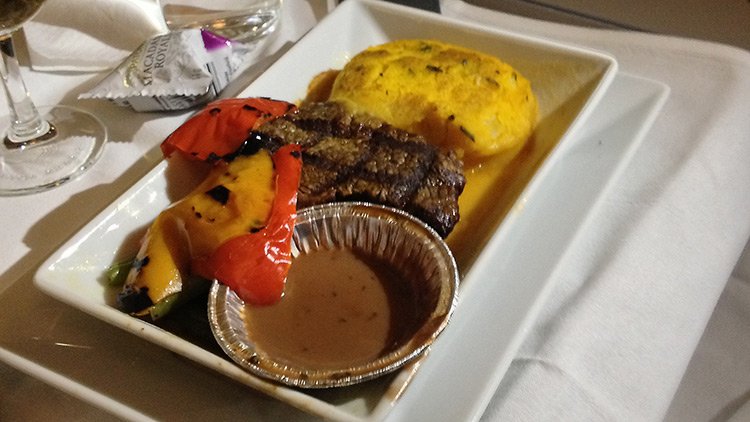
History
British Airways has traditionally paid its flight staff very well until the threat from low-cost airlines surfaced, including from Britain’s biggest airline, EasyJet. To successfully compete with its low-cost opponent, it wanted to reduce flight crew pay and conditions. In 2010 BA tried to renegotiate terms with their workforce. It didn’t go well and resulted In an acrimonious three-week strike.
British Airways has not employed any flight crew under the old and better (for flight crew) agreement since that strike but has set up a whole new crew employment architecture. These new employment agreements have been dubbed ‘mixed fleet’ contracts, under which cabin crew receive significantly less pay and reduced conditions like less leave, fewer benefits, and poorer quality hotels on layovers.
The result is that the (literally) older staff, employed pre-2010 on the better pay and conditions are becoming a smaller proportion of BA’s flight staff. Expect them to be targetted in some way for these redundancies is my bet.
If you want to read some more about ‘mixed fleet’, try this article from One Mile at a Time, and this thread on Flyer Talk.
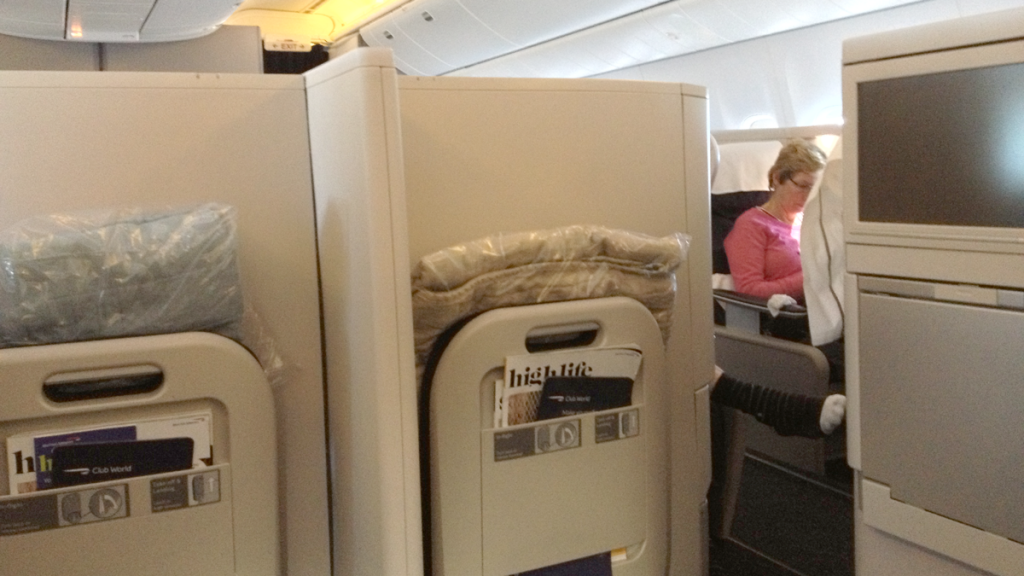
Anecdote
Back in June and July of 2013, I travelled with my partner to London return on a BA 777 flight via Singapore. We occupied some ‘honeymoon seats’ in row 13 E & F in ‘Club Class’. My partner found the seats claustrophobic, and lacking convenient storage.
We got served that meal above, ordered from an Excel spread sheet, because menu’s hadn’t been loaded. On the return journey, when my partner asked for an amenity pack on the 2nd leg out of Singapore, he was ‘told’ by a flight attendant, definitely of the age to have been on a pre-2010 agreement, that he ‘. . . should have held on to the one we gave you in London.’
It all ended well, when I asked for an amenity pack from the nice Singaporean flight attendant servicing my aisle.
My partner, now husband said after the flight:
“Don’t ever book me on BA business class again!”
And I haven’t.

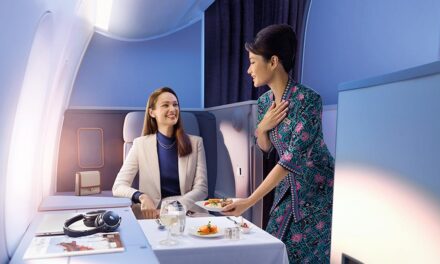

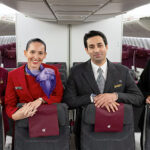
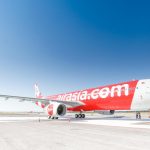
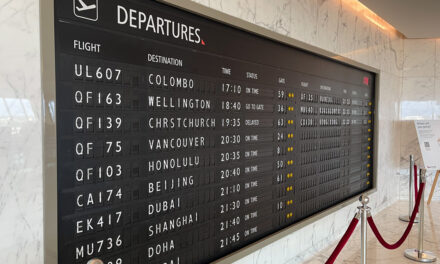
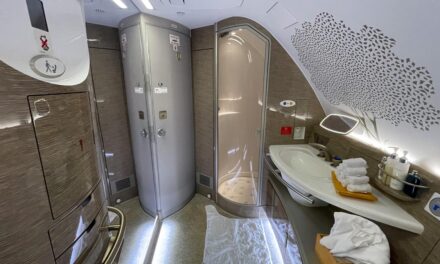

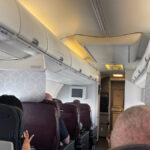



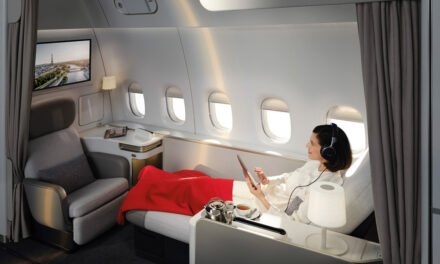
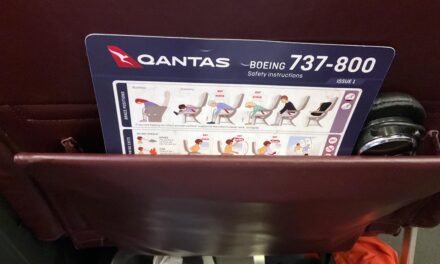
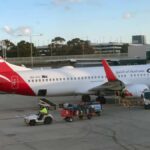

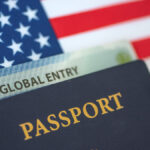
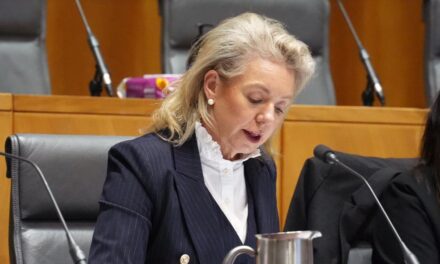

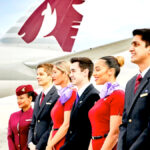



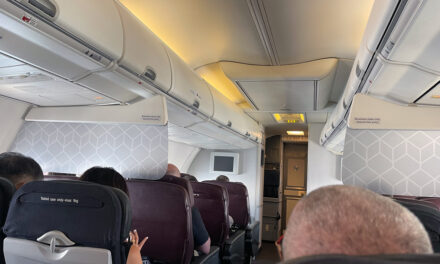



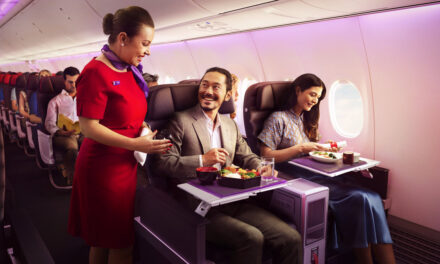
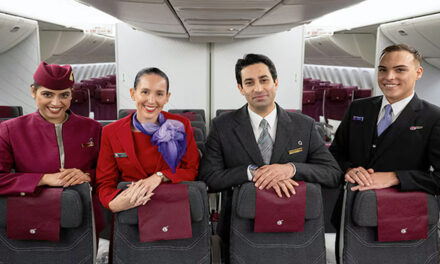






What did you say?